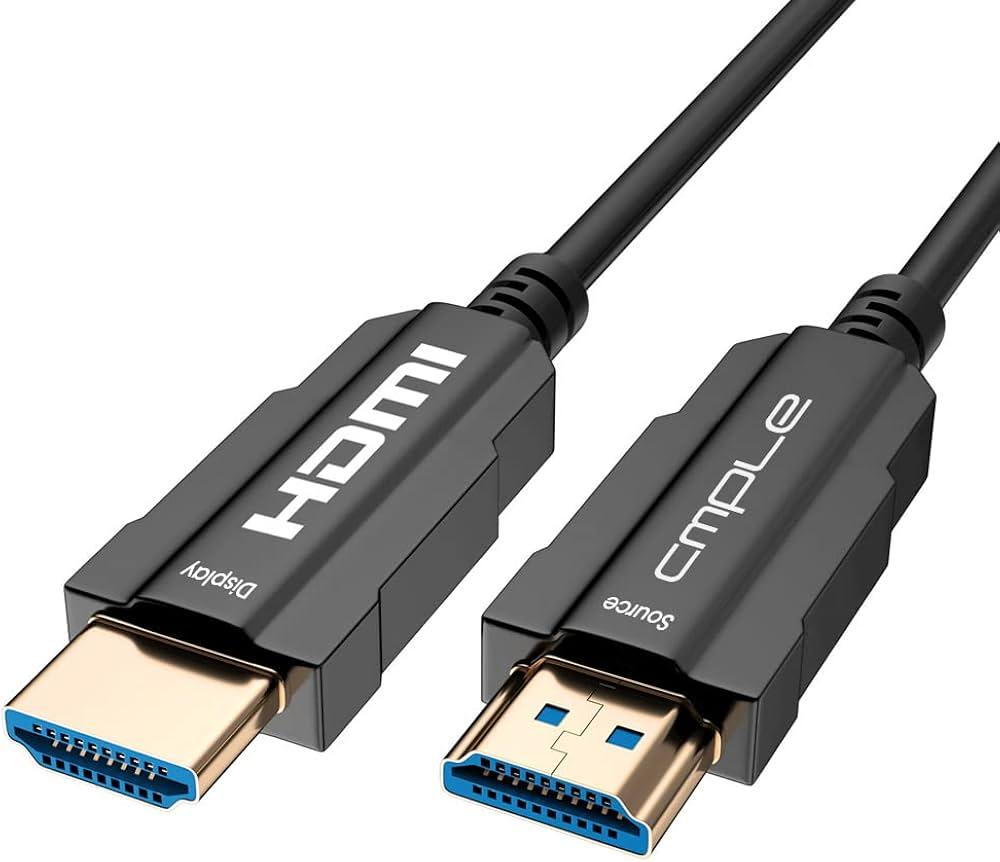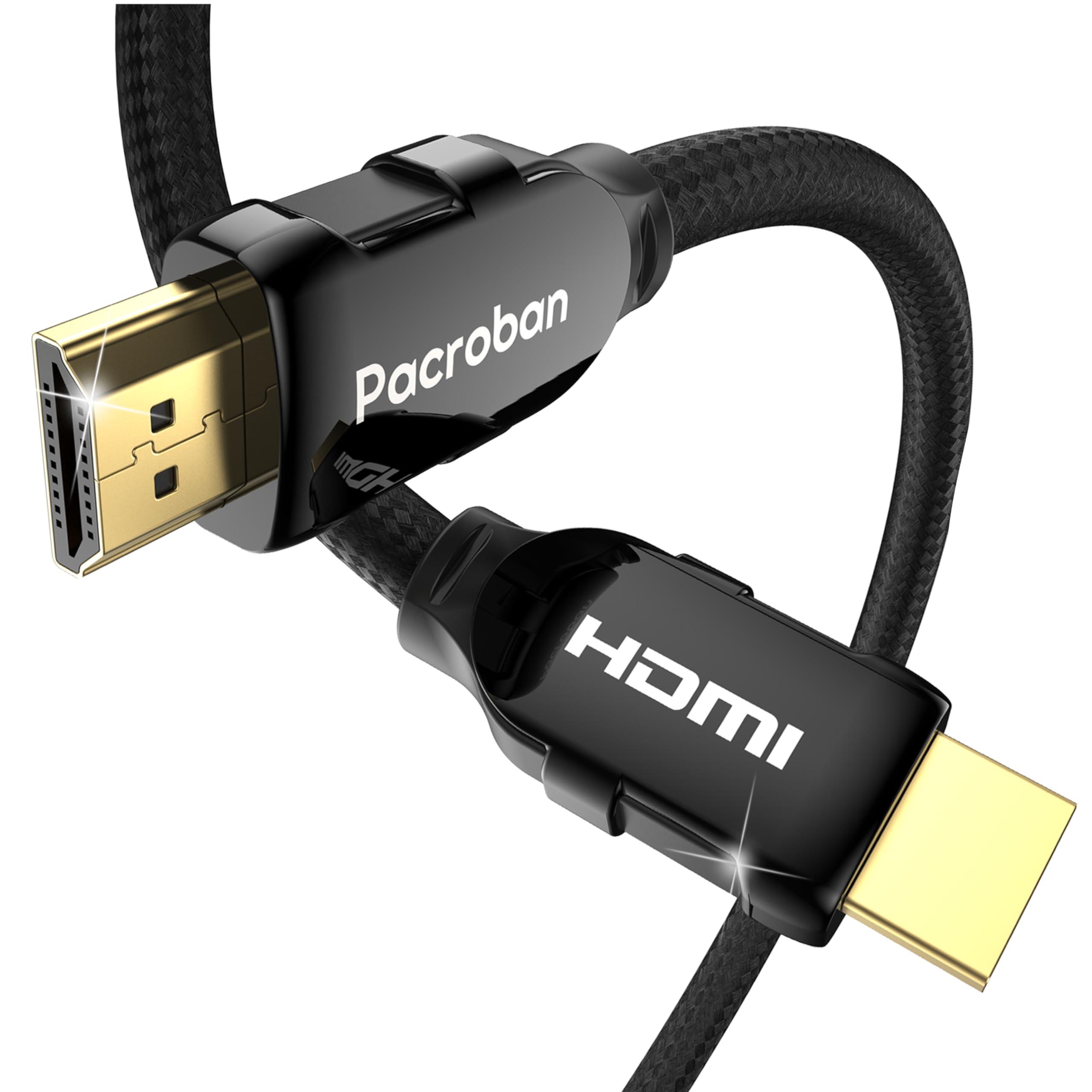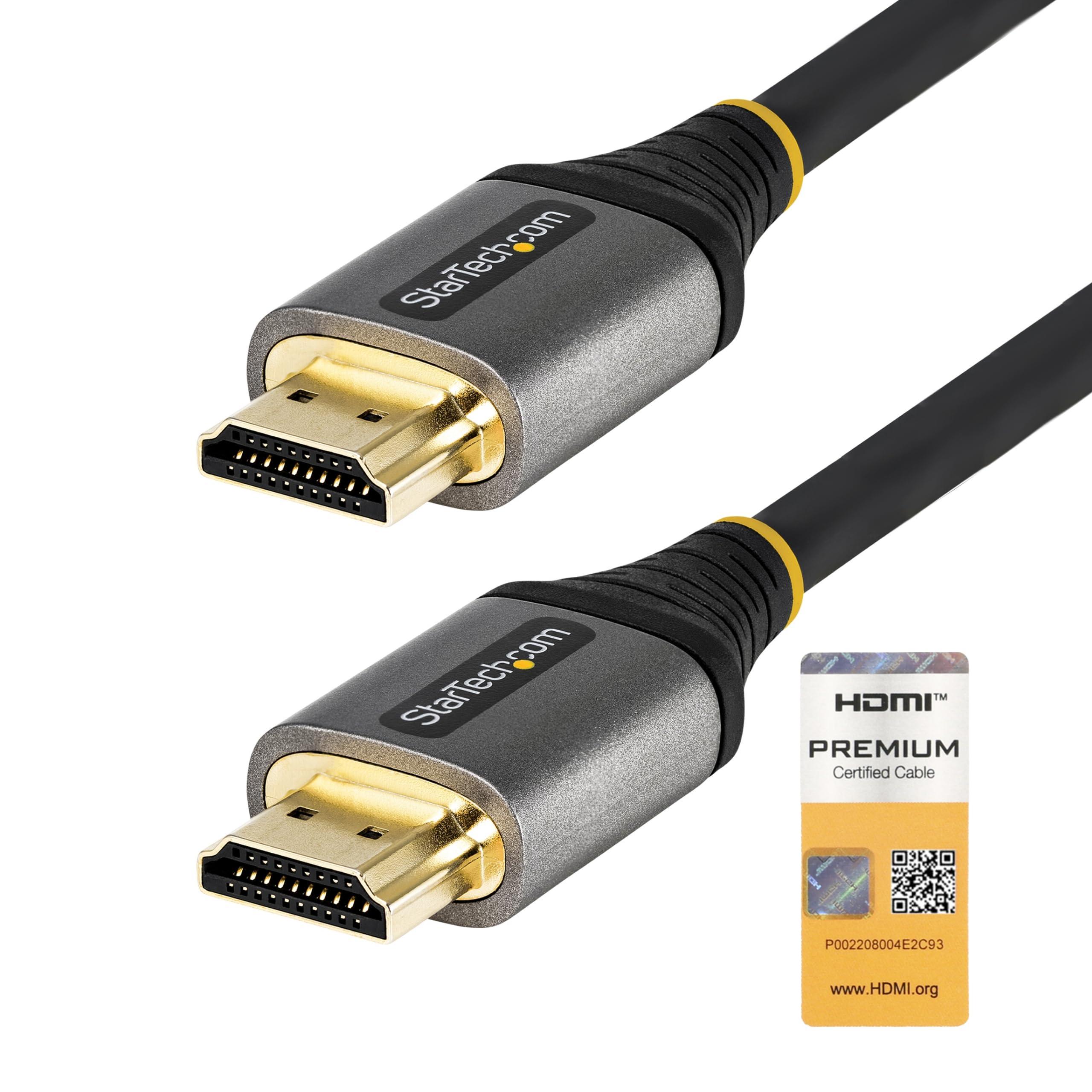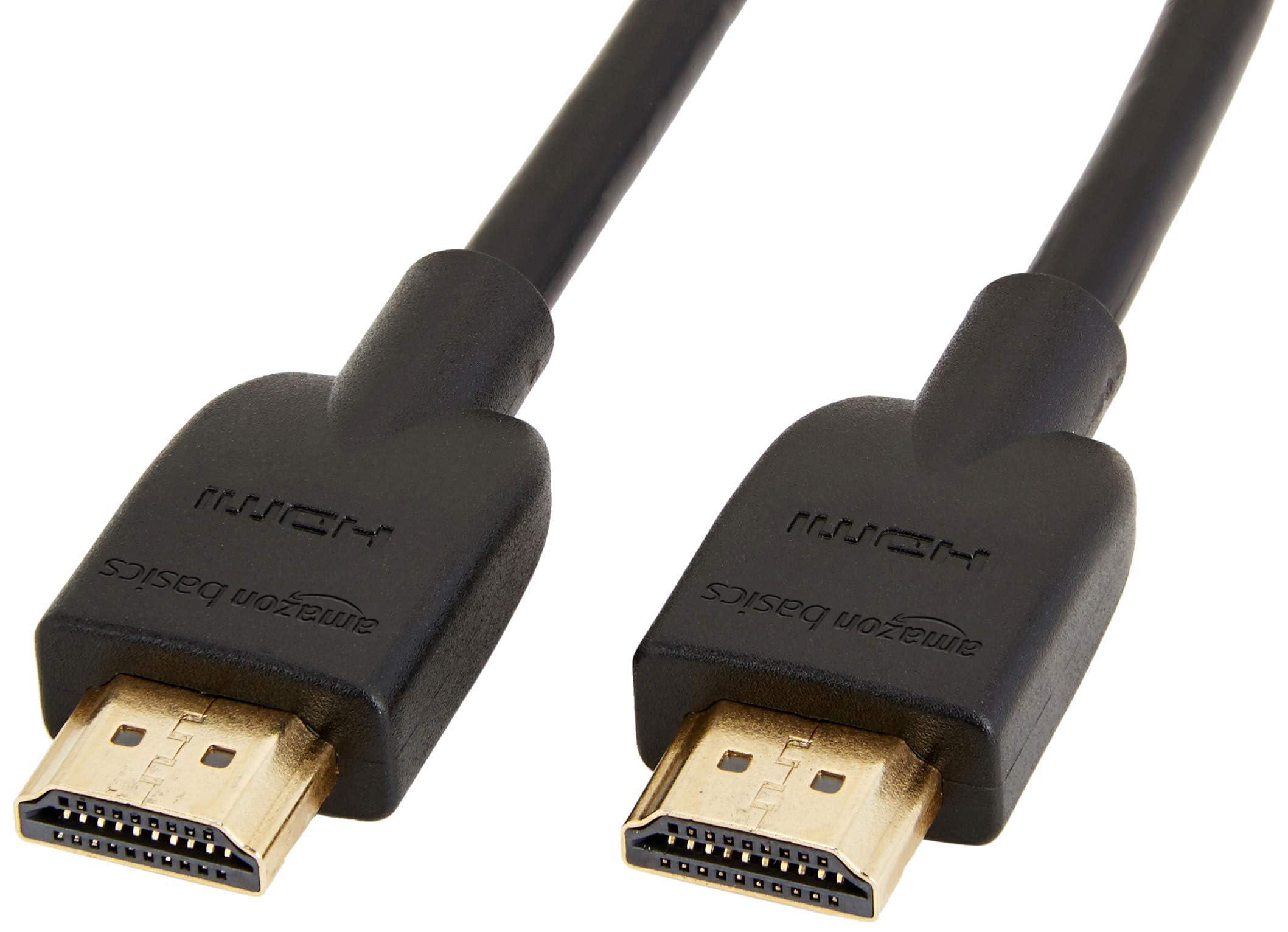In the realm of home entertainment, the question of whether to invest in expensive HDMI cables for improved streaming quality has sparked considerable debate. As consumers seek to optimize their viewing experiences, the allure of premium cables often suggests a promise of superior performance. However, with technological advancements and varying price points, discerning whether these costly alternatives genuinely enhance streaming quality becomes essential. This article delves into the technical aspects of HDMI technology, evaluates the claims made by high-end cable manufacturers, and examines the practical implications for everyday users, aiming to provide a comprehensive analysis of whether the investment is truly justified.
Understanding HDMI Cable Specifications and Their Impact on Quality
When evaluating HDMI cables, it’s essential to understand the various specifications that can influence performance. HDMI versions are a key factor, with each iteration offering different capabilities. For example, HDMI 1.4 supports up to 1080p resolution, while HDMI 2.0 and 2.1 can handle 4K and 8K content, respectively. Additionally, the bandwidth capacity is crucial, as higher bandwidth allows for richer color depths and higher refresh rates.
Beyond the technical specifications, the build quality of HDMI cables can also impact streaming performance. Consider the following aspects:
- Material: Cables with gold-plated connectors may offer better corrosion resistance.
- Shielding: Enhanced shielding can reduce electromagnetic interference.
- Length: Longer cables may experience signal degradation; choose the shortest length necessary.
Ultimately, understanding these specifications helps determine whether a higher-priced cable is a worthwhile investment for your streaming needs.

Evaluating Cost vs. Performance: Are Expensive Cables Worth It?
When it comes to HDMI cables, many consumers are left pondering whether the higher price tag translates to a noticeable improvement in streaming quality. It’s crucial to consider the relationship between cost and performance before making a purchase. Expensive HDMI cables often boast superior materials and enhanced durability, but does this equate to a better viewing experience?
- Signal Quality: In most cases, the difference in signal quality between standard and high-end cables is negligible. Both types are capable of transmitting 4K video, HDR, and high-definition audio without degradation.
- Build and Longevity: Premium cables may offer better shielding and connectors, which can contribute to longer lifespan and reliability, particularly in environments where cables are frequently plugged and unplugged.
Ultimately, the decision hinges on individual needs and setup. If your equipment is stationary and connections are rarely altered, a standard HDMI cable might suffice. For those seeking durability and peace of mind in more dynamic environments, investing in a pricier option could be justified.

Debunking Myths: Do Premium HDMI Cables Enhance Streaming?
When it comes to streaming, many consumers are drawn to the allure of premium HDMI cables with the promise of superior video and audio quality. However, it’s crucial to understand that HDMI technology transmits data digitally. This means the signal is either received correctly, or it isn’t—there’s no middle ground. Here are some key points to consider:
- Digital Signal Transmission: Unlike analog signals, digital signals transmitted through HDMI are not subject to degradation over short distances. Whether you use a standard or premium cable, the 1s and 0s remain the same.
- Build Quality: While premium cables might offer better build quality, such as improved durability or enhanced shielding, these factors do not impact the quality of the digital signal itself.
- Distance Considerations: For most home setups, where cable lengths are typically under 15 feet, a standard HDMI cable will perform just as well as its more expensive counterpart.
investing in high-priced HDMI cables with the expectation of better streaming quality is largely a myth. Your focus should be on ensuring compatibility with the latest HDMI standards and considering cable length for optimal performance.

Practical Recommendations for Choosing the Right HDMI Cable
When selecting an HDMI cable, it’s crucial to focus on specific features rather than price alone. Here are some practical tips to help you make an informed choice:
- Length Matters: Choose a cable length that fits your setup without excess. Longer cables can lead to signal degradation, so opt for the shortest length that suits your needs.
- Version Compatibility: Ensure the cable supports the HDMI version required by your devices. For example, HDMI 2.0 is necessary for 4K streaming, while HDMI 2.1 is better for 8K and advanced gaming features.
- Build Quality: Look for cables with good shielding and connectors to prevent interference. Features like gold-plated connectors can enhance durability and connection quality.
- Certification: Consider cables that are certified by HDMI Licensing Administrator, Inc. Certification ensures compliance with HDMI standards, guaranteeing reliable performance.
By focusing on these aspects, you can find an HDMI cable that meets your needs without overspending on unnecessary features.



